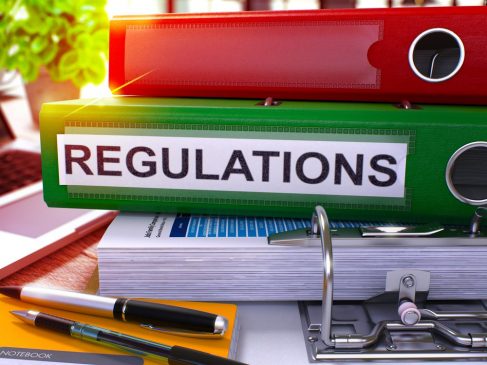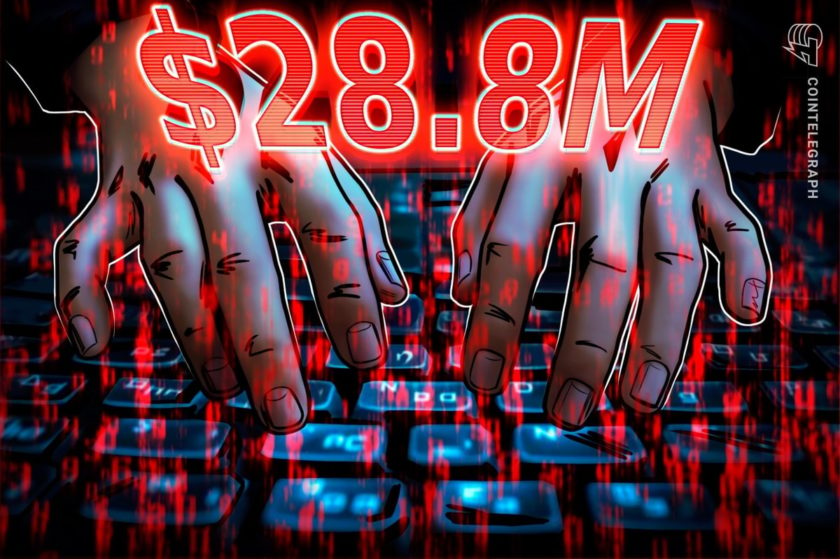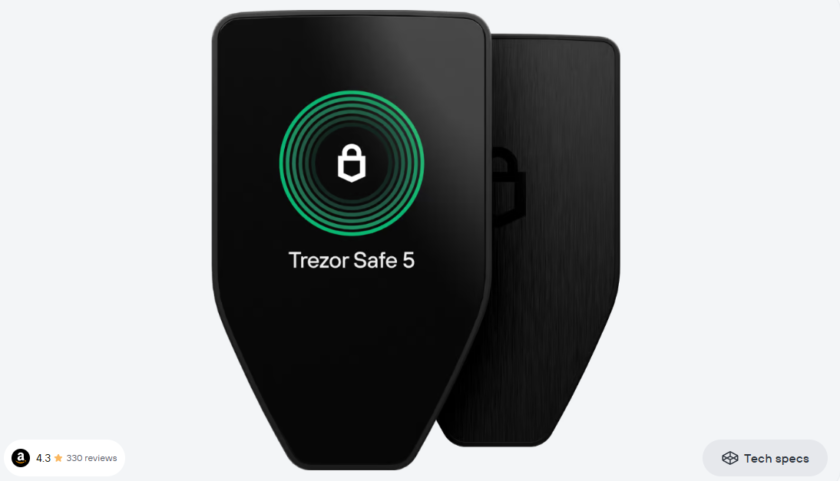Two of the most crypto friendly nations on the globe have been revisiting their regulatory frameworks this week. Japan has reclassified its terminology of cryptocurrencies while over in Hong Kong regulators want more oversight on exchanges and crypto companies.
FSA to Change Moniker for Crypto
Japan’s Financial Services Agency has made moves to label Bitcoin and altcoins under one category called ‘crypto assets’. According to local media the move has been implemented to reconfirm that they are not considered as regular currencies by the government. Last week an advisory panel came to the conclusion that the term ‘virtual currency’ may lead investors to believe cryptos have the same status as fiat. To alleviate any possible misunderstanding they have requested the change.
Relevant laws will be amended to reflect the new classification, among them the Payment Services Law which defines the usage of digital currencies. Back in March leaders of the G20 agreed that virtual currencies “lack the key attributes of sovereign currencies,” and should therefore be called ‘crypto assets’. The FSA are also working on tweaking regulations to offer better protection for investors by requiring companies that handle crypto-assets implement strict management systems for cash outflow.
Hong Kong to Tweak Regulations
Over in Hong Kong companies working with digital currencies need to comply with regulations set by the Securities and Futures Commission. Since China issued an outright ban on all things crypto Hong Kong has become a hotbed of activity for the industry, especially ICOs.
The Nikkei Asian Review reported that growing concerns over money laundering and fraud has prompted action from the regulator. SFC guidelines stipulate that investment funds with more than 10% dedicated to cryptocurrency will need to obtain a license. They will also only be allowed to sell to professional investors, not the general public.
Exchanges and companies will have the opportunity to test products in a ‘sandbox’ before making the decision to apply for a license. Other requirements are for those issuing ICOs which will need to occur in stages with tokens having existed for at least a year.
Hong Kong is also putting greater emphasis on KYC processes to prevent spurious activity. Some have warned that the regulations may be too burdensome for some operators that want to maintain their market share. There is also the concern that official licensing may increase trading costs, though to counter this it may also encourage more institutional investors to enter a market that they now consider to be safer.
Image from Shutterstock




